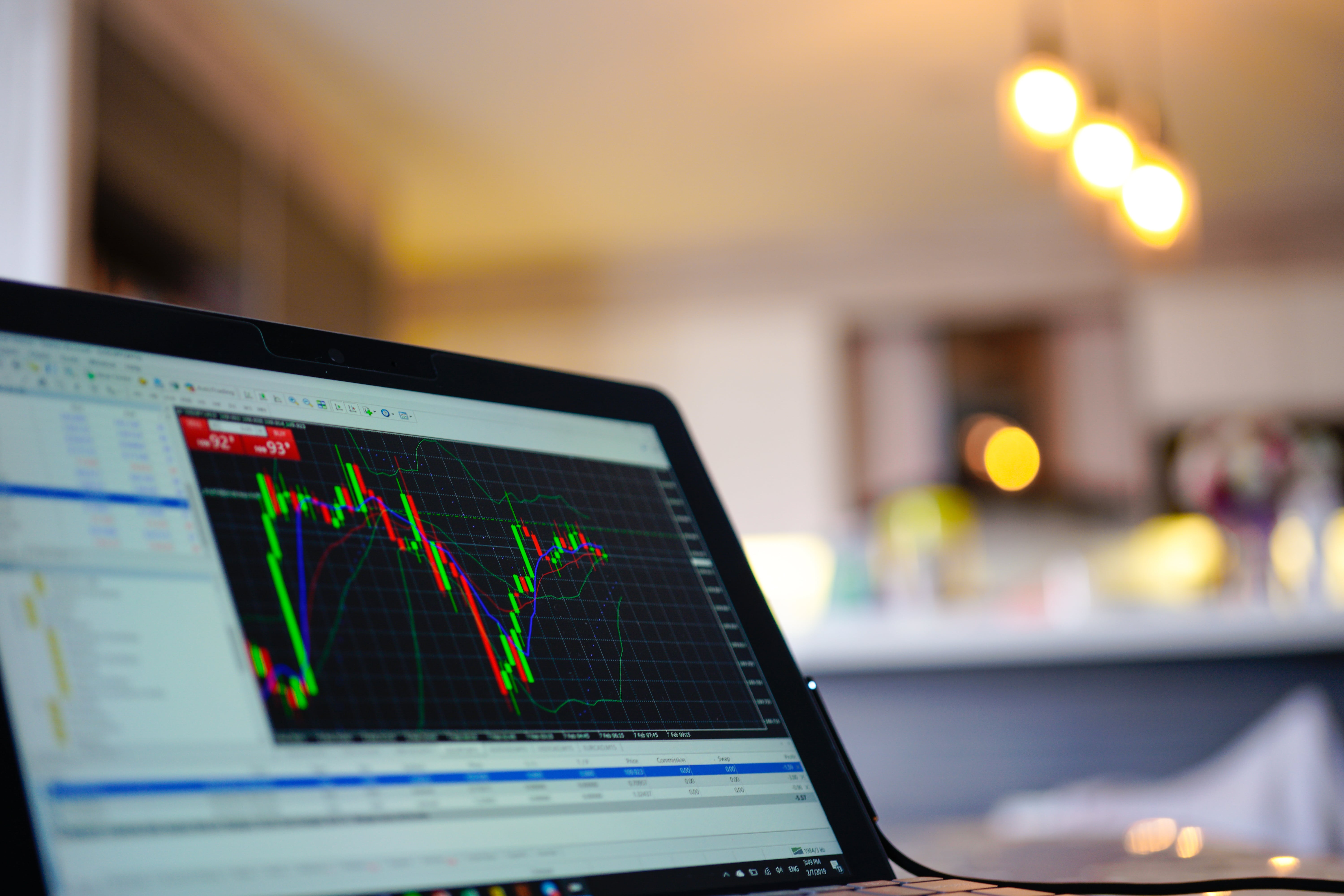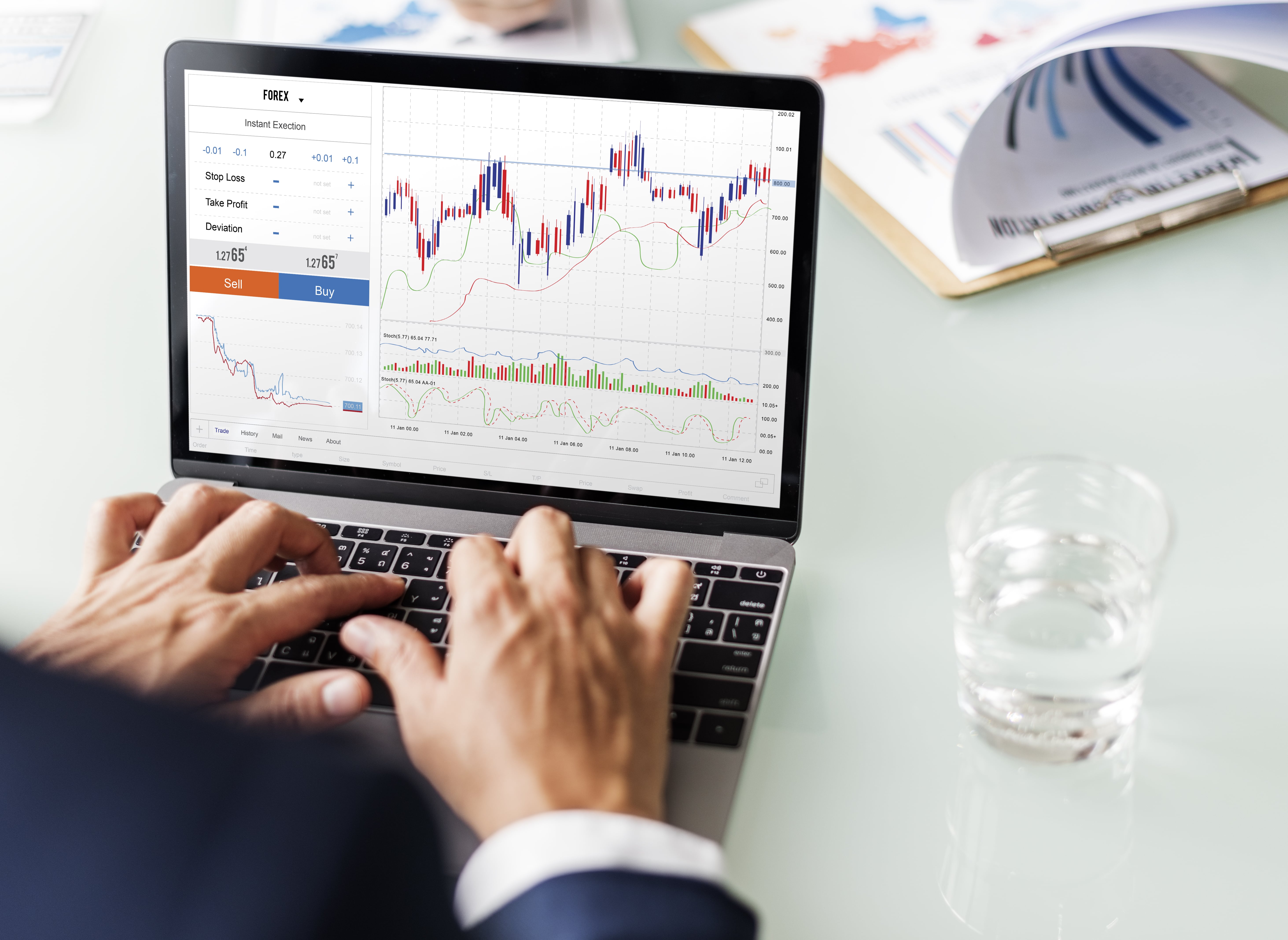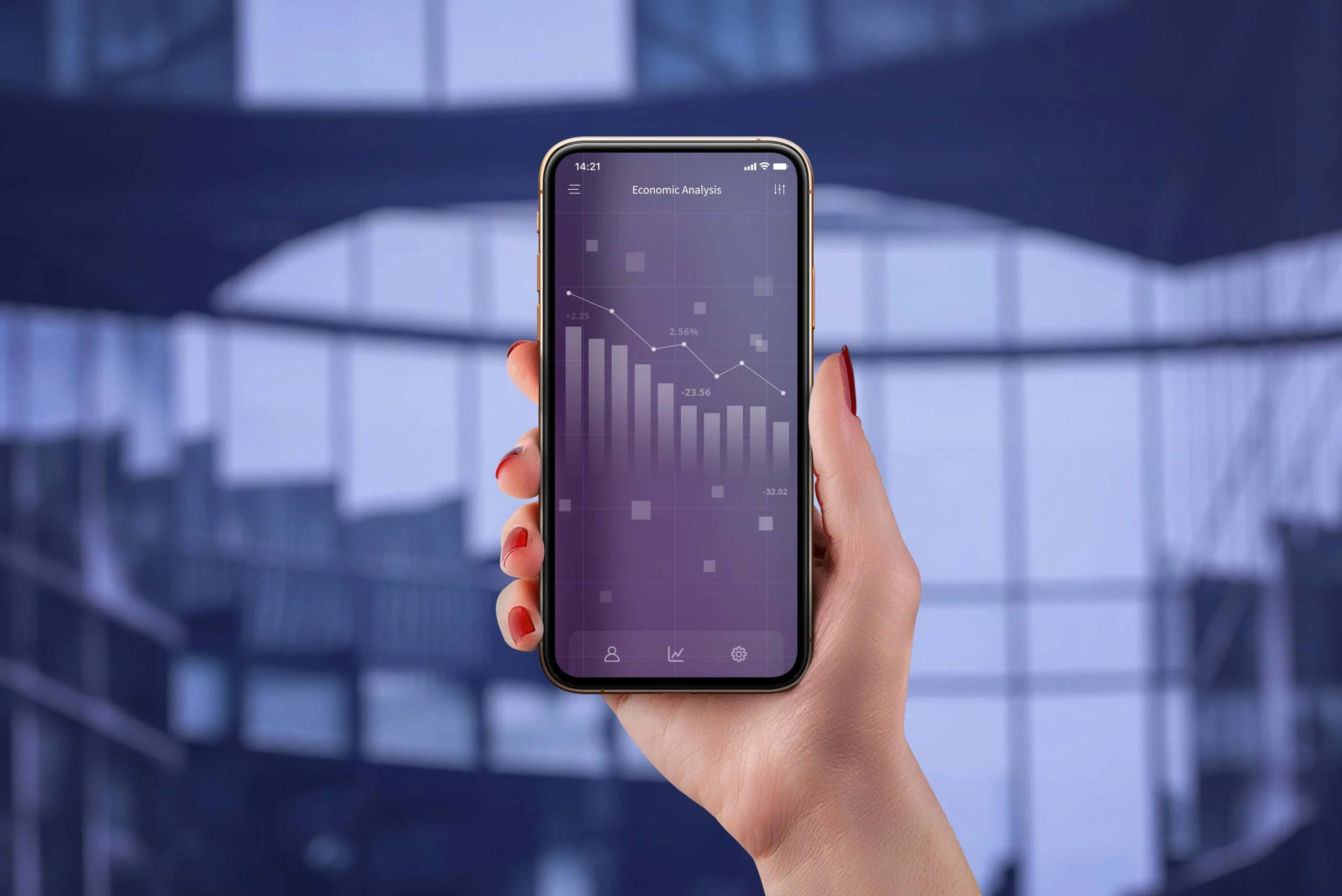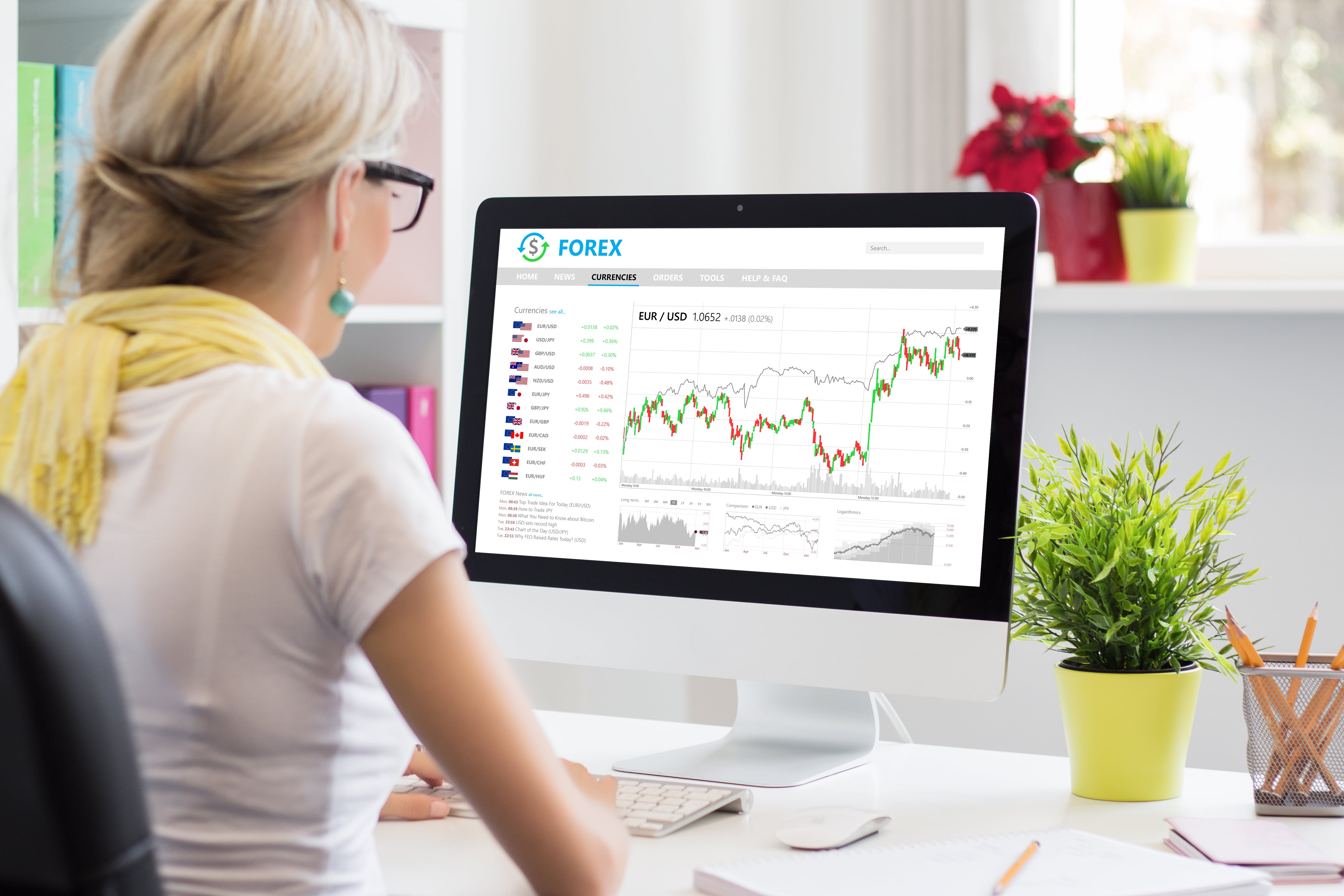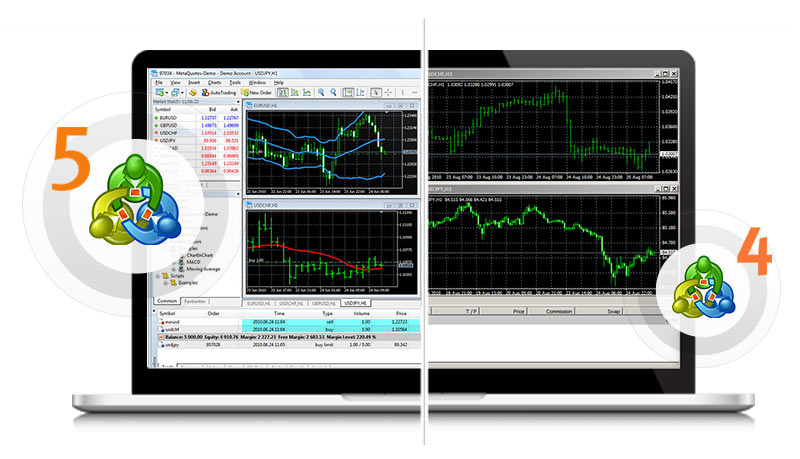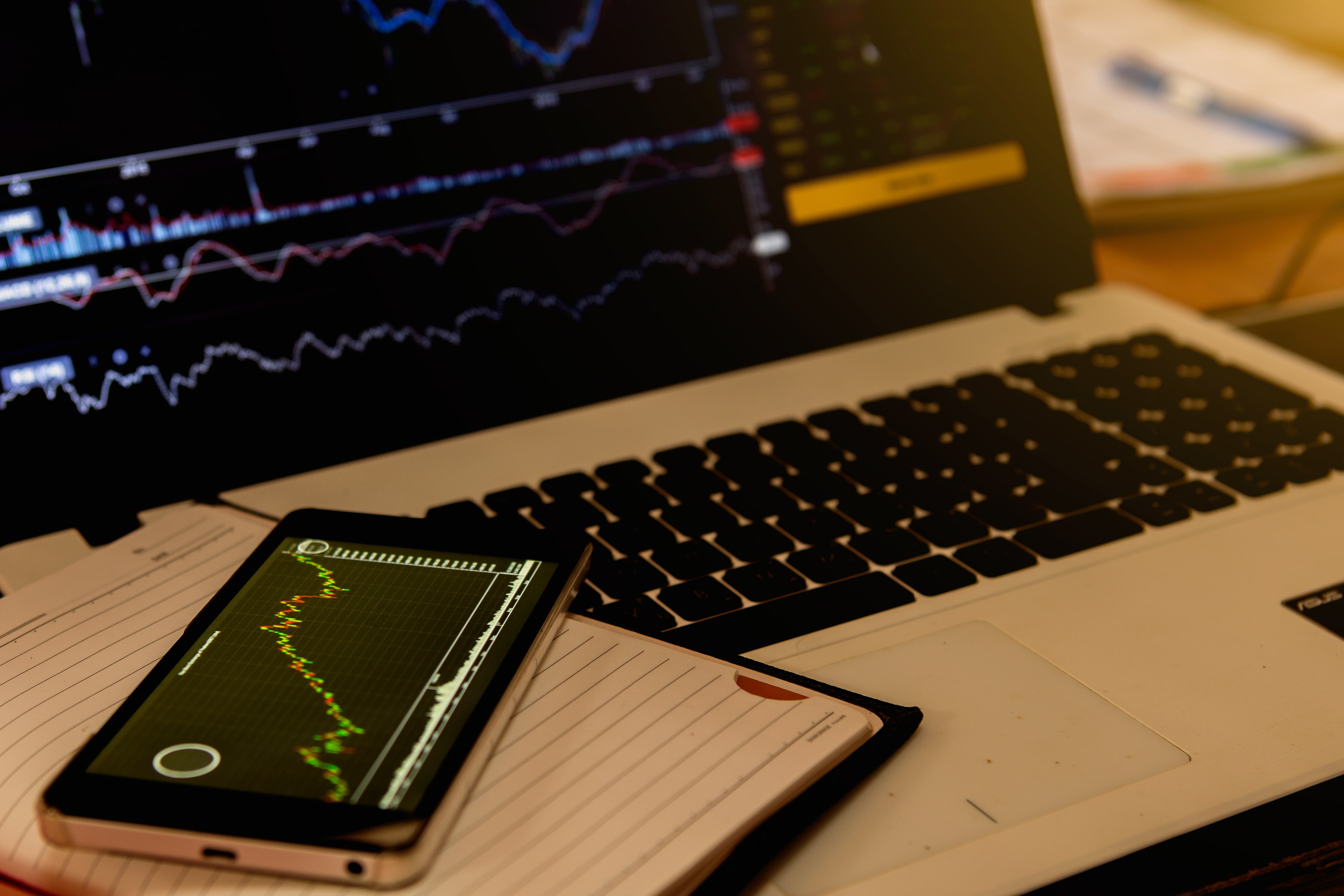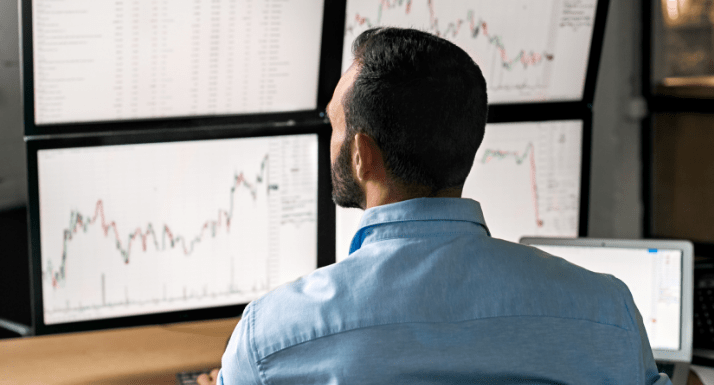ALB Limited 18.04.2022
How to Trade CFDs on Forex Markets - The Definitive Guide
Trading on foreign currency exchange markets, or Forex for short, is one of the most exciting investment opportunities. It involves buying and selling currencies in a manner that is designed to profit from the fluctuating exchange rates. With CFDs on Forex, you do not buy or sell anything like stocks or bonds.Instead, you simply acquire the right to speculate on changes in the value of a given currency at a certain price (called the strike price) within a fixed period (called the expiration date).
The CFD provider contracts with traders who make trades on their behalf and then pay out settlements based on the profits made by those traders. So if you have sufficient liquid funds and want to get into Forex trading as an amateur investor, this is how you should go about it.
What is CFD Trading?
A CFD is a contract that enables investors to trade a financial instrument, like a currency pair, but they do not own any of the underlying assets. Instead, they have a risk-reward position based on the price fluctuations of the financial instrument held by the broker.For example, let’s say you want to trade CFDs on the Japanese yen (JPY). You can open a contract worth ¥100 for each JPY you want to receive at the end of the contract period. You can then either keep your position or close it out at any time before the contract expires.
What You’ll Need to Trade CFDs on Forex
Account - With ALB, you’ll need to open an account eligible for trading CFDs. ALB will provide instructions on how to do this on https://account.alb.com/en.
Funds - Opening a position in a CFD is all about buying certain financial instruments, like shares or commodities. And that’s where the amount comes in: you’ll have to have funds to buy those instruments. In other words, you must have money in your account to buy the CFDs you want.
Trading Platform - You’ll also need a trading platform where you can buy and sell CFDs.
Brokerage Fee - The brokerage fee is the amount you’ll pay to your broker for each trade.
Margin Requirement - When you buy a CFD with a higher margin requirement than the amount you have in your margin account, it means that you’re putting up more of your own money to protect against losses.
Spread - This is the difference between the purchase price (at the broker) and the selling price (at the other side of the trade). It’s always negotiable between the broker and the trader.
How to Invest in CFDs?
Open a Trading Account - Find a brokerage that offers CFD trading and open an account. You'll have to deposit cash into your account to start trading.
Choose Your Brokerage - Select the best broker based on their commission and fees, the types of CFDs they offer, the amount of money you plan to invest, and customer support.
Open a Demo Trading Account - If you are new to CFD trading, open a demo account where you can get used to using your broker's platform before committing real money. Demo accounts allow you to trade using virtual money so that you won't lose any real cash if things go wrong.
The Benefits of CFD Trading
Margin Calls - If you go too deep into debt while trading CFDs, your broker can force you to post additional collateral. This is good because it means you’d have to pay back your margin call.
High-Speed Trades - You can trade large amounts quickly with a leveraged position. This means you can quickly get in and out of a trade, which may help you avoid unnecessary slippage.
Access to Other Markets - With leverage, you can experiment with a wide range of strategies, including short-term trading. You can also hedge your bets by linking multiple positions to reduce risk.
Privacy - With most brokerage platforms, your trades are anonymous. This means you can easily keep your trading activity private, even if you only make small profits.
Ability to Trade Multiple Assets - You can trade stocks, forex currencies, commodities, and indexes with one brokerage by opening multiple positions. This allows you to diversify your portfolio more easily than if you had opened multiple accounts with separate brokers.
Less Capital Needed - Compared with traditional stock trading, investing in CFDs requires less capital because they are leveraged instruments that move about the value of underlying assets like stocks or commodities. This means that even if you only have $100 in your account, it could be worth $500 or more simply because it is leveraged 10 times over by the broker.
The Disadvantages of CFD Trading
High Leverage - The most obvious disadvantage of trading CFDs is the high leverage you have to take on with each trade. This means that losing money on trade could have a devastating impact on your overall account balance.
High Risk - Trading with leverage carries high risk because if the value of the financial instruments drops, you may lose more than the amount of money you initially invested.
High Costs - The high amount of leverage CFD trading requires means you have to pay a lot in terms of fees and commissions.
No Control Over Brokerage Platform - You don't have direct control over your brokerage platform, which means you may not be able to withdraw money from your account if the company goes out of business or is unable to process withdrawals for some reason.
